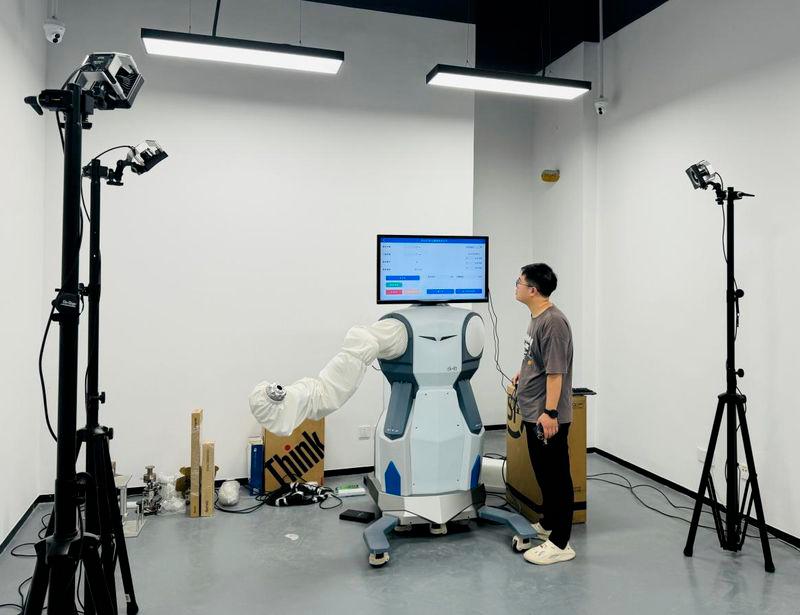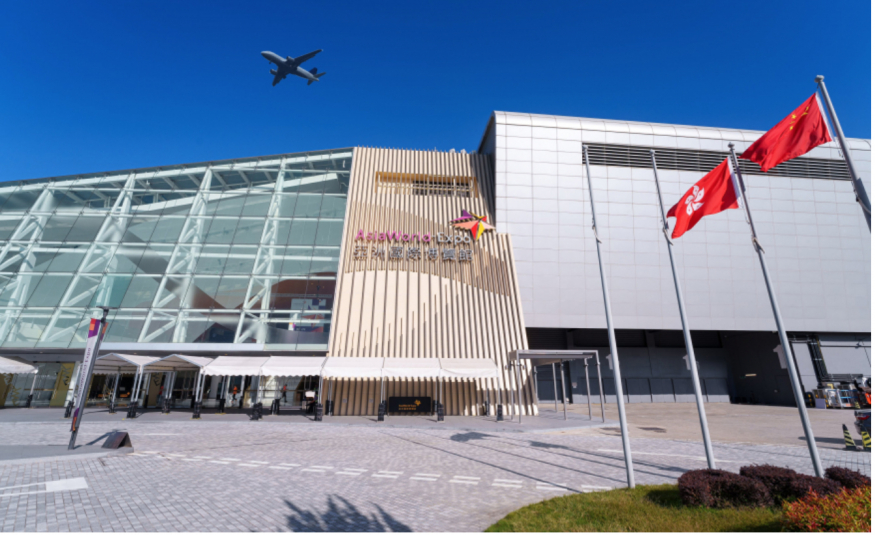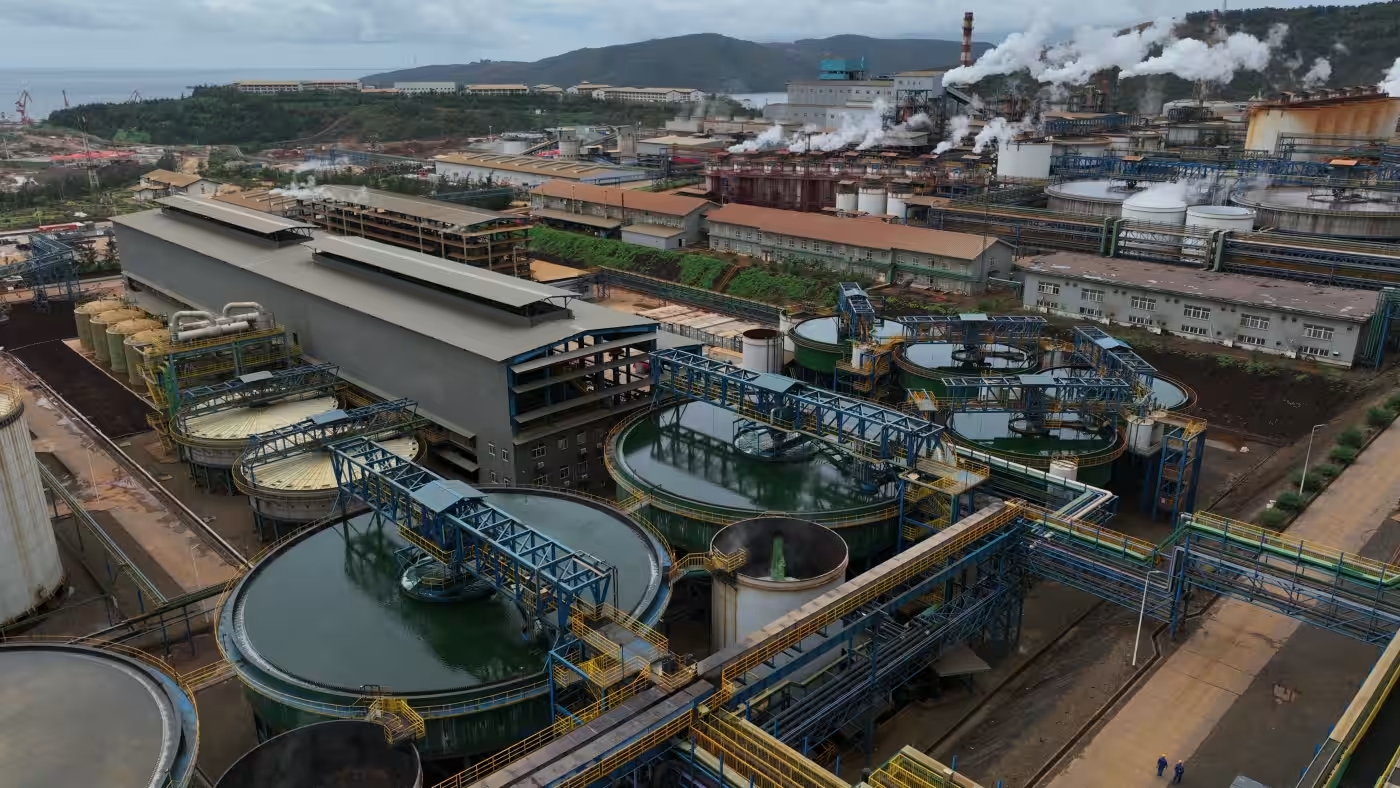
Indonesia’s Harita Nickel Expands Global Reach, Targets Buyers Beyond China
Berita Baru, Jakarta – Indonesian nickel refiner Harita Nickel is actively pursuing new buyers beyond China as the company increases its production and enhances its sustainability efforts, according to President Director Roy Arman Arfandy. The company is exploring markets in Europe and India through international traders, including Switzerland-based Glencore and Japan’s Itochu, as it seeks to reduce its reliance on Chinese buyers.
reported from the Nikkei Asia page published on Friday (27/9/2024), currently, Harita Nickel’s primary buyer for nickel sulfate and cobalt sulfate, essential components in electric vehicle (EV) batteries, is China’s Contemporary Amperex Technology (CATL). Despite this, Arfandy emphasized the importance of diversification: “I was a banker before, so I don’t want to put all my money in one basket,” he said in an interview with Nikkei Asia. “We would like to diversify the business so we can also have different types of buyers, different segments, different needs.”
Harita Nickel has already begun tapping into the European and Indian markets and is targeting potential customers such as battery manufacturers Panasonic and LG. The company, which went public under Trimegah Bangun Persada in April 2023, has seen its share price decline by 30% amid falling nickel prices.
Indonesia is the world’s largest nickel producer, and since the country banned nickel ore exports in 2020, dozens of smelters, many of which are controlled by Chinese companies, have been established. Harita stands out as one of the few companies producing nickel for EV batteries, making it a critical player in the industry. Its operations are supported by its Chinese partner, Ningbo Lygend.
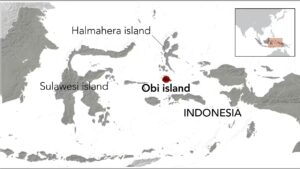
In 2021, Harita launched Indonesia’s first High-Pressure Acid Leach (HPAL) plant on Obi Island, which processes low-grade nickel ore into mixed hydroxide precipitate (MHP), a crucial feedstock for batteries. Harita opened a second HPAL plant in April 2024, doubling its annual production capacity to 120,000 tonnes of nickel in MHP. Both plants are part of the company’s larger strategy to increase output and gain a foothold in the expanding global market for battery materials.
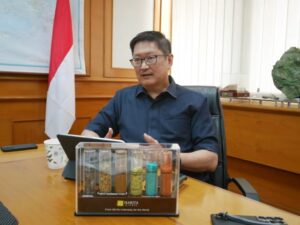
Despite recent challenges, including a 3% year-on-year decrease in net income for the first half of 2024, Harita remains optimistic. The company is focused on improving operational efficiency and boosting its environmental, social, and governance (ESG) standards. “They are on track to get the IRMA certification — one of the credible ESG certifications — and by then their product will be compatible for most Western offtakers,” said Michael Wildon Ngunadi, an equity research associate at Verdhana Sekuritas Indonesia.
As the company continues to expand its reach into new markets, Harita Nickel is poised to become a major player in the global nickel industry, driven by its commitment to sustainable practices and operational efficiency.



